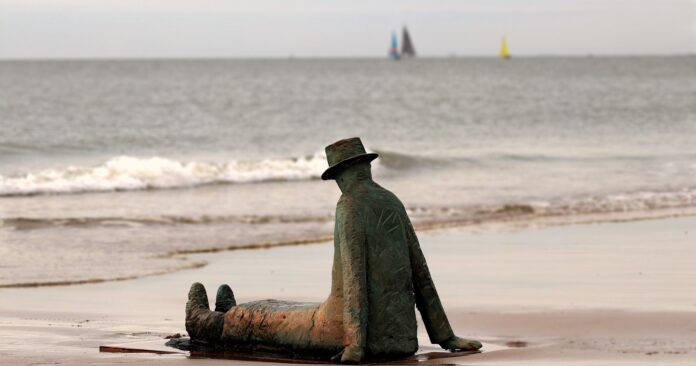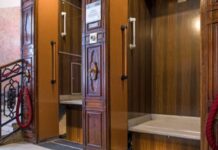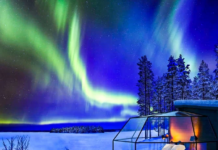A simple, boxy, stone – located at a very precise point – outlines a stretch of the border between France and Belgium. And the unconscious action of a farmer, recently, had an impact on the extension of the two nations, building up a curious case.
The FARMER who made Belgium LARGER
# A quite important obstacle
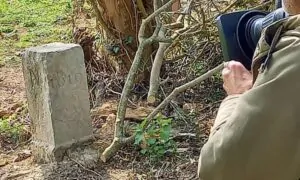
In an arable field among many, in the Belgian countryside, a farmer was ploughing his land with a tractor. At some stage, he sees a stone that hinders the path of his vehicle. So, without thinking twice, he removed it by placing it to the side of the field.
But, that stone was not there accidentally. To be fair, that particular block marks the border between Belgium and France: therefore, the dislocation has extended the first and reduced the second in all respects. An history enthusiast expert, while wandering around the border in the woods of the French Bousignies-sur-Roc, noted and reported the fact.
# The 1819 is no more there
The “1819” engraved on one side of the stone remembers the year when it was placed at that specific point. This happened right after the defeat of Napoleon Bonaparte at Waterloo. It was since then that Franco-Belgian border was established but, now, the current high offices have had to review it.
# The statements about the incident
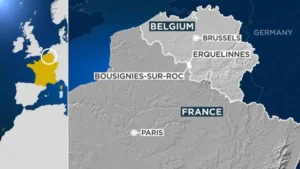
A number of high institutional officers commented the issue. One of them was Aurélie Welonek, the mayor of French town of Bousignies-sur-Roc. “He also relocated his fence on trees belonging to the forest of Bousignies” she told, so certifying the farmer’s ability to always overcome the border.
On the other side of the border David Lavaux, the mayor of Belgian village of Erquelinnes, said that the man is willing to friendly settle everything back. If not, he could even risk criminal charges. If the matter arrived on the table of the Belgian Foreign Affairs Minister, in fact, it should activate the Border Commission, which is a dormant organ since 1930.
The atmosphere, however, seems to be quite relaxed and madame Welonek commented, joking: “Yes, indeed, we hope to avoid a new war for the national borders”.
LAURA MALTAGLIATI
(Original article by Matteo Guardabassi)
copyright reshumana.com


